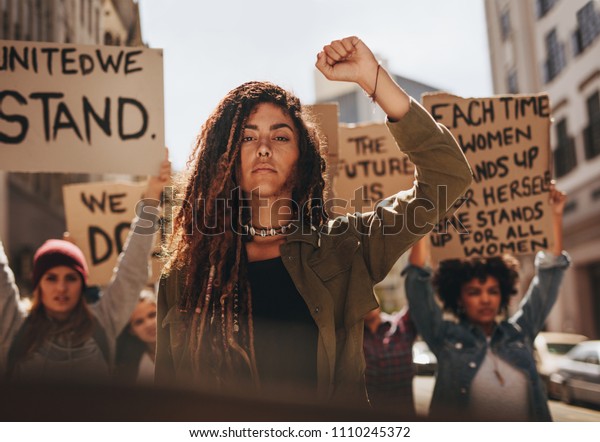The Bahá’í Faith, a relatively nascent religion with roots in the 19th century, offers profound insights into the sanctity of human rights, extending particularly towards the rights of women. Central to Bahá’í teachings is the belief in the inherent dignity and equality of all individuals, irrespective of gender, race, or background. This perspective invites a transformative approach to issues of human rights, challenging entrenched patterns of discrimination and oppression.
At the heart of Bahá’í teachings lies the assertion that humanity is one single family. Bahá’u’lláh, the founder of the Bahá’í Faith, articulated this principle with remarkable clarity, emphasizing that any form of segregation based on gender is fundamentally a violation of divine law. This pronouncement heralds a paradigm shift in how society perceives the capabilities and roles of women and men alike. In an era where gender equality remains elusive, the Bahá’í perspective serves not only as a guiding principle but also as a beacon of hope for a more equitable future.
In exploring the Bahá’í commitment to human rights, one must first acknowledge the divine origin of these rights. Bahá’ís believe that just as the Creator has enshrined dignity in every soul, He has also endowed humans with the faculties necessary to uphold and protect the rights of others. This divine foundation promotes an ethical framework that is both universal and unequivocal. The teachings implore individuals to be custodians of justice and advocates for those who suffer from inequality.
Particularly regarding women’s rights, Bahá’í scripture delineates the significance of women’s empowerment as not merely a societal luxury but a fundamental necessity. The Bahá’í writings advocate for the education and elevation of women, positing that a society that neglects the advancement of women forfeits its potential for holistic development. This notion echoes throughout various doctrines, reinforcing the point that the progress of a society is inextricably linked to the wellness and advancement of women.
The implications of these teachings extend beyond theoretical understanding and are operationalized through concrete social actions. Bahá’ís are encouraged to participate actively in movements that champion human rights, utilizing their understanding of equality to foster community initiatives aimed at awareness, education, and advocacy. This active engagement stems from the belief that passive acquiescence to injustice constitutes a tacit endorsement of oppressive structures.
Moreover, the principles of consultation and unity in diversity embody the Bahá’í approach to addressing human rights issues, including the rights of women. Consultation is lauded as a tool for collective decision-making that transcends individual biases, thereby creating a platform for marginalized voices, particularly women, to be heard. Such practices dismantle patriarchal narratives that have historically silenced the contributions of women, facilitating a richer discourse on rights and responsibilities that encompass diverse perspectives.
In addressing the global landscape of human rights, a critical examination reveals disconcerting realities faced by women. Despite international declarations that advocate for gender equality, women across the globe continue to confront systemic violence, economic disenfranchisement, and social marginalization. Bahá’í teachings illuminate these injustices, not merely as societal failings but as spiritual deficiencies requiring collective moral rectification. This comprehensive view engenders empathy and solidarity, which are essential in the fight for justice.
The commitment to human rights, particularly women’s rights, resonates profoundly within the contexts where Bahá’ís reside, manifesting in initiatives that tackle pressing issues such as domestic violence, educational disparities, and political representation. These grassroots movements reflect the core of Bahá’í values: unity, justice, and service to humanity. By actively addressing these issues, Bahá’í communities exemplify the realization of their faith’s tenets, thereby embedding human rights advocacy into the fabric of their social practices.
Furthermore, the Bahá’í perspective on the unity of humanity offers hope in overcoming the divisive structures present in contemporary society. The emphasis on the oneness of humanity acts as a clarion call for collaboration and understanding across cultural divides, encouraging people to view one another as allies in the quest for human rights. This philosophical foundation promotes a vision where champions of women’s rights are not confined to traditional advocates but include a diverse array of individuals committed to creating a just society.
In conclusion, Bahá’í teachings present a transformative vision for understanding and advocating for human rights, with a particular focus on women’s rights. By emphasizing the interconnectedness of all individuals and the divine obligation to uphold justice, Bahá’ís are called not only to recognize the rights of women but to actively promote and ensure their fulfillment. The implications of such teachings invite society to reconsider existing norms and strive toward a more inclusive and equitable world. Through education, advocacy, and community engagement, the Bahá’í approach to human rights is both a response to current injustices and a promise of a more harmonious future where every individual’s rights are cherished and respected.
